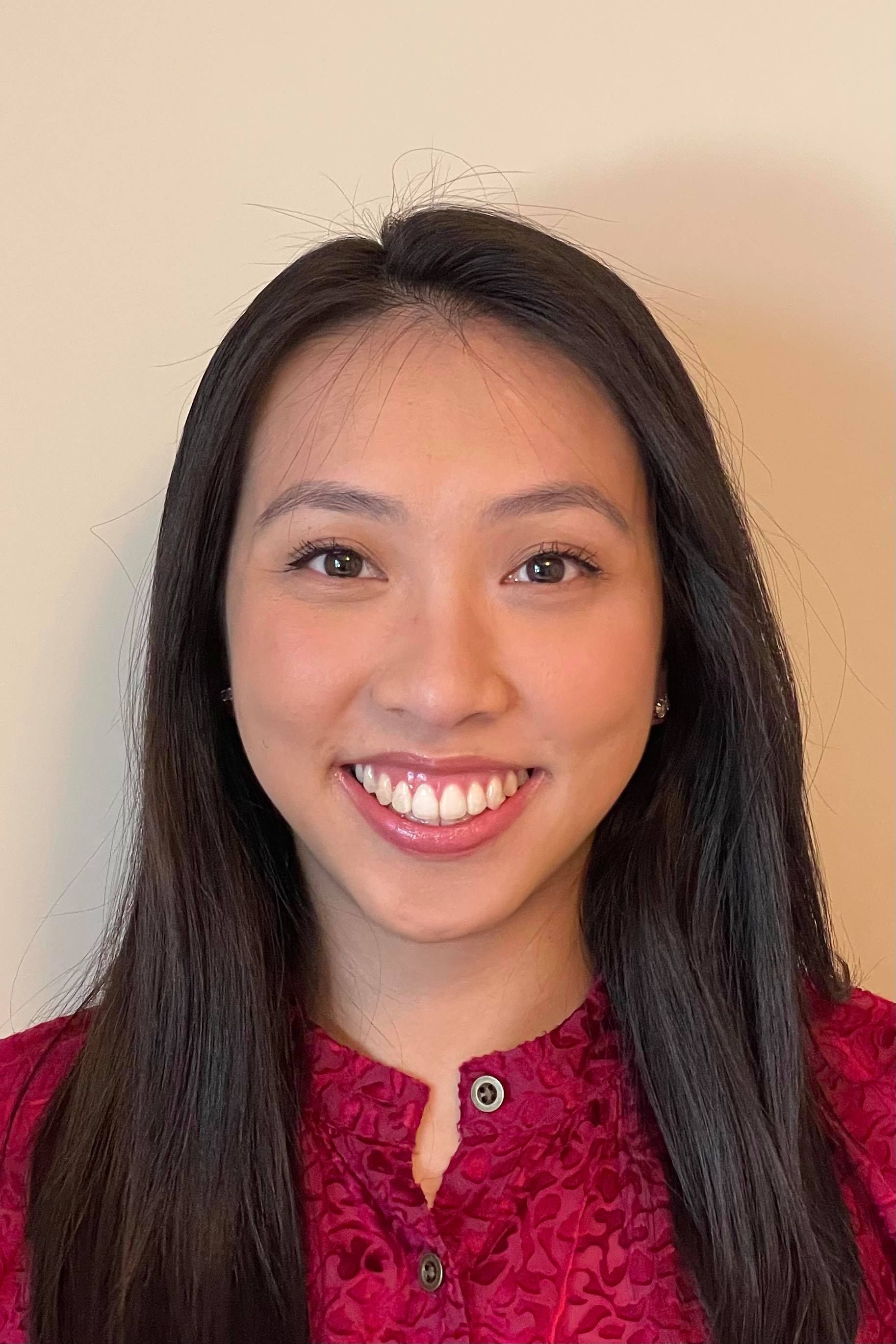Breadcrumbs
- Home
- Current Students
- Undergraduate Students
- UGSLA Recipient: Angela Zhou
UGSLA Recipient: Angela Zhou
Undergraduate Student Leader: Pharmacology and Toxicology
 My leadership philosophy is grounded in leveraging my experiences and passion to guide others towards opportunities. I believe that through knowledge and lessons accrued, one can lead others to cultivate motivation, inspiration, and self discovery. This leadership philosophy in combination with dedication and staying true to my passions, has guided me in my endeavors as a leader and learner within the University of Toronto.
My leadership philosophy is grounded in leveraging my experiences and passion to guide others towards opportunities. I believe that through knowledge and lessons accrued, one can lead others to cultivate motivation, inspiration, and self discovery. This leadership philosophy in combination with dedication and staying true to my passions, has guided me in my endeavors as a leader and learner within the University of Toronto.
When I first arrived at U of T, I had recently graduated from high school and moved across the country where I faced the challenges of navigating a new city, school, and community of students. It was the First-year Learning Community (FLC) program that helped me grow both academically and socially and strengthened my understanding of the importance of helping a community. With the lessons I garnered from my first year, I was driven to build support systems to help students navigate the intricacies of university life. This incited me to become a FLC peer mentor at St. Michael’s College. For two years, I organized and led academic, developmental, and social sessions for ~21 Life Science students to cultivate their study habits, time management skills, and sense of community. Mentorship, on the one hand, has allowed me to impart my knowledge to students that have been in my shoes, and on the other, recognize when my mentees' needs require expertise beyond my own. Through this role, I learned to collaborate with faculty and staff to curate sessions for students that incorporated diverse perspectives. It has been fulfilling to see the opportunities and networks my mentees have developed and for them to also become leaders within FLC and beyond. My appreciation for mentorship motivated me to continue working with the Learning Communities and this year, I became a Senior Peer Mentor (SPM) for the Second Year Learning Communities (SLC). As an SPM, I support 20 mentors across 9 disciplines in the Faculty of Arts & Science. Most notably, due to COVID-19, I, along with my fellow SPMs and Co-ordinators, was faced with the task of transitioning FLC/SLC to an online platform. This challenged us to work creatively and collaboratively to develop a multi-week training program as well as new guidelines, session plans and toolkits for mentors across U of T. I have learned the importance of engaging in shared decision making and being adaptable to change as a leader.
Furthermore, my background and passion for synchronized swimming has led me to become a leader within the University of Toronto synchronized swimming club. Prior to university I had been a competitive synchronized swimmer where I competed at several national and international level competitions. Excited to continue the sport in university I joined the U of T Synchro Club. However, in my first year, I was only one of three advanced level athletes which was not enough to form a team. Motivated to expand the club, I joined the leadership team the next season and organized recruitment events at the annual U of T Clubs Fair and challenged myself to connect with students within and beyond U of T. The next season, I became the president of the club where I was responsible for organizing team placements, planning travel for competitions, and maintaining the club’s finances. Through my leadership and the help of enthusiastic members, the club has grown to greater than 25 members. My role as president has been especially impactful for me because I can use sport as a platform to create communities and to enhance students’ physical and mental health.
In addition to fostering my leadership skills, I have had the opportunity to develop myself academically and professionally. Following my third year of university, I participated in a Professional Experience Year (PEY) at the Brigham and Women’s Hospital at Harvard Medical School. Here, I had the opportunity work on a research project focused on developing stem cell derived beta-cell technologies for type 1 diabetes. Throughout my internship, I was exposed to many mentors who have been integral in developing my curiosity and independence as a researcher. These mentorship opportunities have undoubtedly shaped my leadership philosophy, and I hope to use the experiences I have gained in research to continue being a leader and mentor in a research context.
Overall, my involvement with mentorship, athletics, and research have taught me to be a compassionate, empathetic, and motivated leader. Through my leadership philosophy I am driven to continue harnessing the experiences I gain and dedication to help others make a positive difference in the communiti